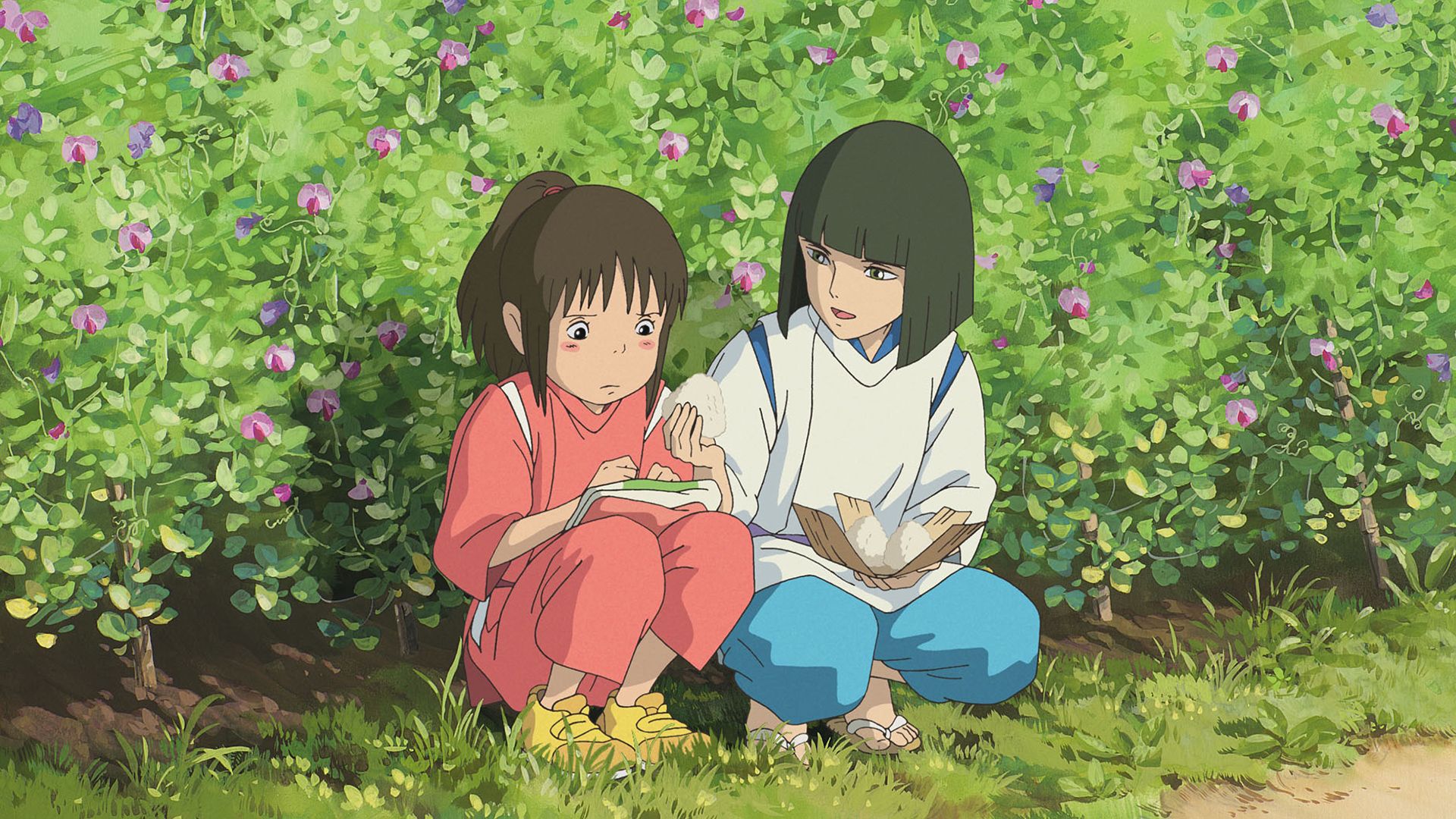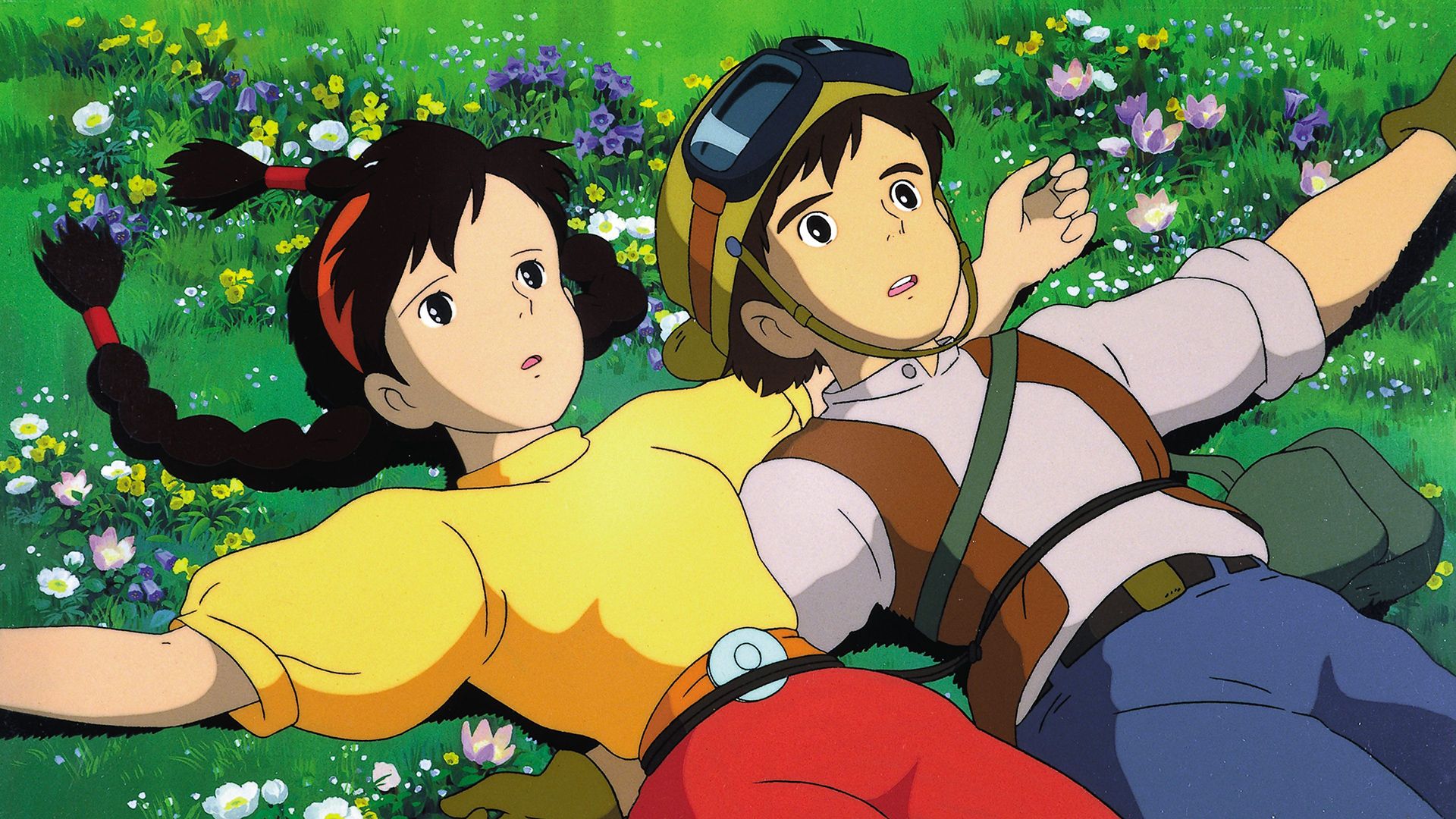-
Miyazaki's Odes to Nature

Spirited Away, Castle in the Sky, My Neighbor Totoro — perfect for adults and kids alike, Miyazaki's best-known trio is now available on Netflix, along with his eight other feature films. Indeed, after founding Studio Ghibli in 1985 and leading it to international renown, the online streaming platform recently acquired rights to 21 of the studio's features. There are many reasons why Miyazaki's work is so widely loved around the world, perhaps most of all the poetic touch he uses to portray the natural world.
Enchanting, magical, luxurious — in Miyazaki's work, nature goes beyond aesthetics and becomes a character in its own right. Flourishing landscapes, mysterious forests, and animals in kimono: flora and fauna are always illustrated as being filled with a vitality to which man does not have total access.

Spirited Away © Studio Ghibli.
From the beginning, Hayao Miyazaki invited viewers to take a deeper look at the wonders of Mother Earth in Nausicaa and the Valley of the Wind (1984). This first film traces the path of the eponymous heroine's quest to protect nature, from the discovery of an incredible grotto of blue crystal to her realization that the film's gigantic forest has an important effect on air quality. The director is consistent with his tones of magical realism applied to natural settings — from the ocean floor (Ponyo, 2008) to the whispering breeze (The Wind Rises, 2013).
Miyazaki emphasizes the fragility of our ecosystems and the necessity of their preservation. Indeed, his settings are often magnificent natural oases threatened by human activity. In his eyes, balance in the world is also achieved through respecting and taking care of nature — a role the heroine adopts in Princess Mononoke (1997). Raised by wolves, the princess lives in perfect harmony with the creatures of the forest. Female protagonists also receive full attention in Miyazaki's work, still more proof of the artist's commitment to environmental and feminist themes.